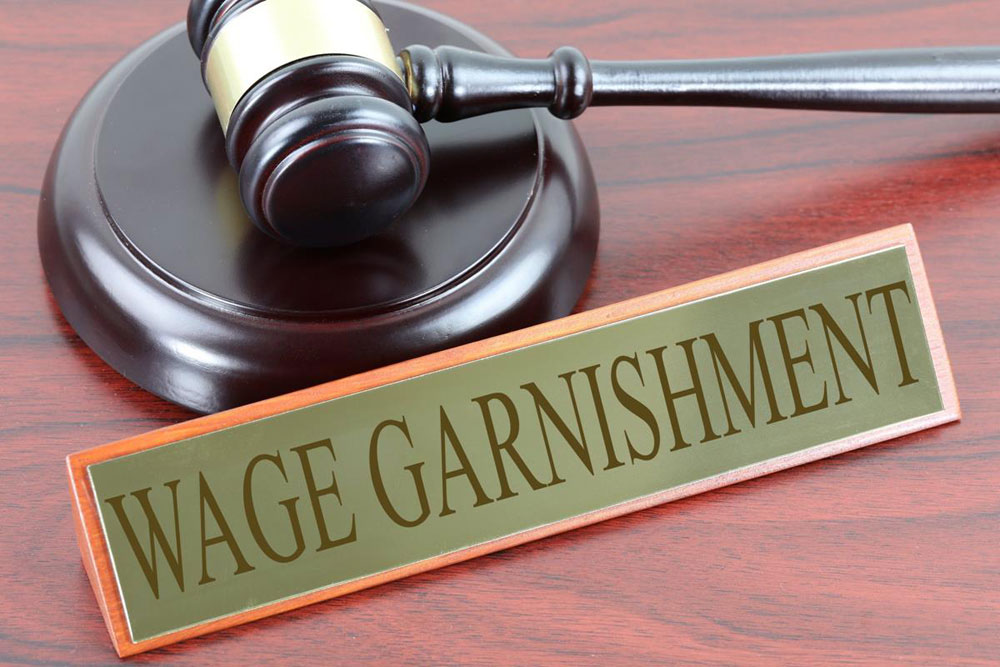
June 25, 2019; National Public Radio, “Shots”
In February, NPQ reported that Chuck Grassley (R-IA), the chair of the Senate Finance Committee, was renewing his inquiry into nonprofit hospital charity care. In a letter to the IRS at that time, Grassley wrote, “Making sure that tax-exempt hospitals abide by their community benefit standards is a very important issue for me. As chairman of the Senate Judiciary Committee, I oversaw an investigation into the billing practices of the Mosaic Life Care hospital. That investigation resulted in debt relief of almost $17 million for thousands of low-income patients. This issue is still just as important to me now that I am chairman of the Senate Finance Committee.”
Well, if that is so, Grassley ought to give some attention to some recent developments. Research published yesterday in the Journal of the American Medical Association (JAMA) examined the degree to which hospitals were garnishing the wages of former patients to collect on bills. They found that 36 percent of hospitals in Virginia garnished wages for payment in 2017. But what is really disturbing is that 71 percent of those who followed these aggressive tactics were nonprofit. In fact, there were five hospitals that accounted for more than half of the suits filed against patients, and four of these were nonprofit.
Hospitals are using increasingly aggressive strategies to collect medical debt from patients, including garnishing wages or savings from patient bank accounts. Those hospitals garnishing wages showed average annual gross revenue of $806 million, and seized an average total of $722,342 in wages, averaging around $2,783 per patient. The top employers of those who had their wages taken were Walmart, Wells Fargo, Amazon and Lowe’s.
Martin Makary, an author of the study and a surgeon at Johns Hopkins Medicine in Baltimore, says, “Hospitals were built—mostly by churches—to be a safe haven for people regardless of one’s race, creed or ability to pay. Hospitals have a nonprofit status—most of them—for a reason. They’re supposed to be community institutions.”
Sign up for our free newsletters
Subscribe to NPQ's newsletters to have our top stories delivered directly to your inbox.
By signing up, you agree to our privacy policy and terms of use, and to receive messages from NPQ and our partners.
And, speaking of Johns Hopkins, in another case of cross stakeholder group collaboration, last week, a coalition of citizens and unions petitioned Johns Hopkins to drop medical debt lawsuits against patients. Becker reports that the group, the Coalition for A Humane Hopkins, published a joint report with National Nurses United and AFL-CIO that found the hospital “won wage garnishments or seized funds from patient bank accounts in more than 400 cases” with at least two of those cases ending up draining the patients’ bank account for their last $100. National Nurses United reports that the issue “disproportionately affects a primarily African American and low-income zip code in Baltimore.”
The study also found that Johns Hopkins’ medical debt practices hit African American Baltimore residents particularly hard. The 21213 zip code area, which contains the largest number of residents sued by Hopkins, is 90 percent African American and has a poverty rate nearly triple the state average.
“It is appalling to find out that Johns Hopkins is suing so many people from the black and brown communities instead of fulfilling its obligation as a nonprofit to provide charity care to those who are eligible for it,” said Sharon Alkalay, a public school teacher and member of the Coalition for a Humane Hopkins. “These lawsuits don’t seem to be about profit, but rather about maintaining the balance of power in the city, and ultimately forcing people out of their community. These lawsuits are the latest effort by Johns Hopkins Hospital to create a city that revolves around Johns Hopkins and doesn’t include the black and brown communities that have been here for generations.”
The coalition demands that the hospital end its practice of suing for medical debt, drop all current suits, and reimburse patients billed more than allowable under charity care rules. They also want the hospital to end the practice of excluding undocumented immigrants from charity care.
In an NPR report, Erin Fuse Brown, a law professor at Georgia State University whose work focuses on health care costs, says, “There has to be a balance between getting their bills paid but also being a reasonable community member.” Regarding the lawsuits, she adds, “It doesn’t seem to be worth the effort, and it’s so ruinous to the patient—not just the financial obligation but the effect on your credit, on your record, the emotional effect of being sued.”—Ruth McCambridge












